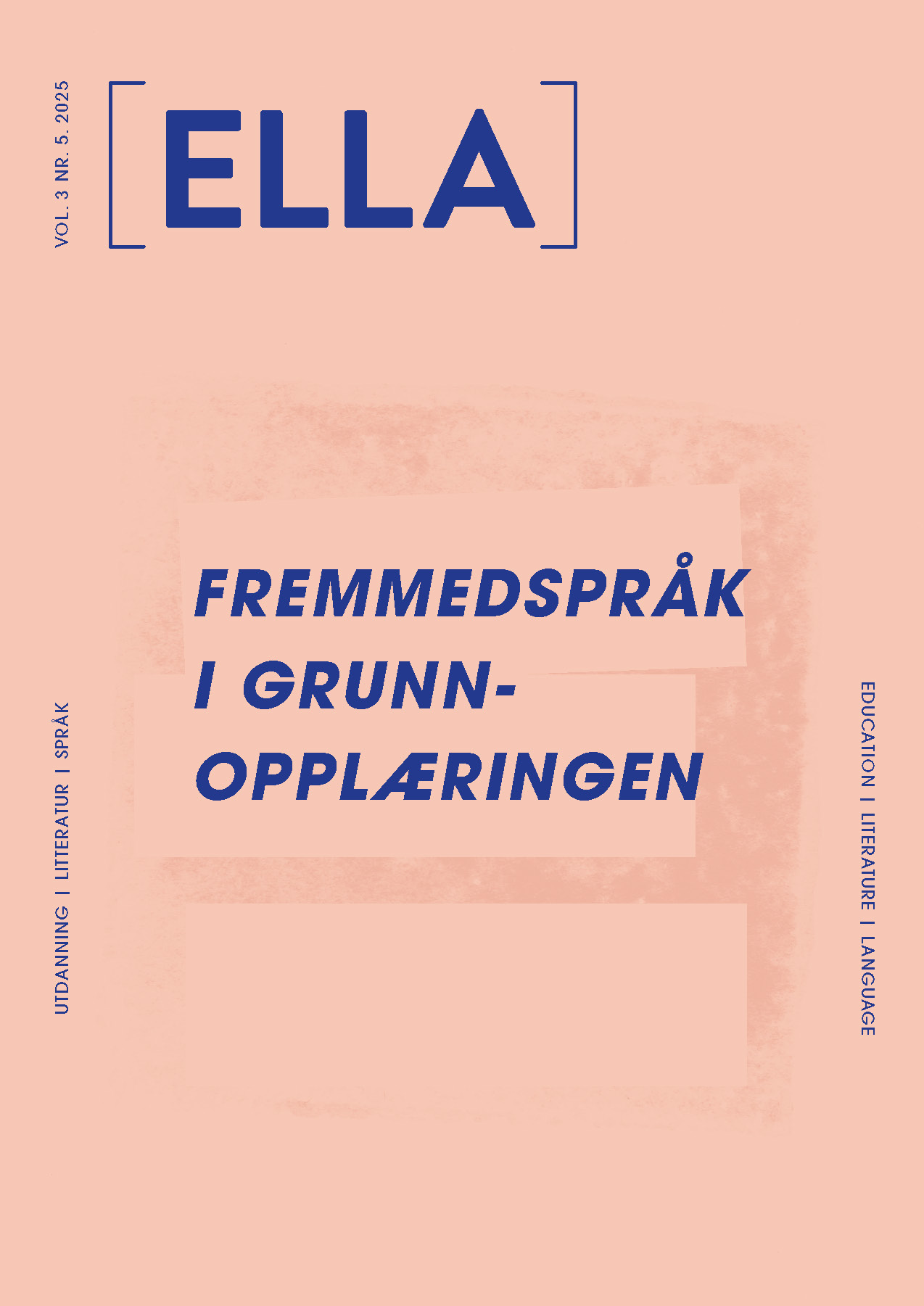Development of the professional foreign language teacher through an exchange stay in a target language country
DOI:
https://doi.org/10.58215/ella.56Keywords:
Study abroad, Spanish, primary school teacher education programme, foreign language teaching, foreign language teacher, personal developmentAbstract
The article examines whether an exchange stay in a target language country contributes to the development of the professional foreign language teacher by integrating the forms of knowledge: episteme, techne, and phronesis. The students who participated in the study have chosen Spanish as one of their teaching subjects in the primary school teacher education programme at a Norwegian educational institution. Through a collaboration with two other Norwegian educational institutions, the institution has established an exchange programme with partner universities in target language countries to take the language subject there. A few months after completing the exchange programme, the students participated in a follow-up interview to reflect on the learning outcomes from the exchange.
The interviews were analysed thematically, and the following main thematic areas were identified: 1) Personal development, 2) Development of professional competences, 3) Development of linguistic competence.
The analysis of the interviews shows that the exchange has contributed to personal development, where the students improved their abilities to meet different students and be open to other perspectives. Furthermore, the students have developed their professional competence both by becoming more aware of the language skills needed to use the language in authentic situations and by being introduced to different forms of teaching. The students have also developed their linguistic competence, both by learning more about the language and through active use of the language in different situations.
The article concludes that an exchange to a target language country provides students with valuable experience, professional development and confidence as language users, which will contribute to motivating foreign language teaching. This means the exchange stay also contributes to integrating the three forms of knowledge – episteme, techne, and phronesis –into the students' future practice. The biggest challenge the students must continue to work on is maintaining the language even in a busy everyday life after the exchange programme.
Downloads
Published
Issue
Section
License
Copyright (c) 2025 Eli-Marie Danbolt Drange

This work is licensed under a Creative Commons Attribution 4.0 International License.

